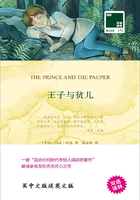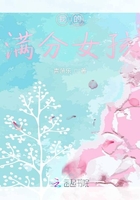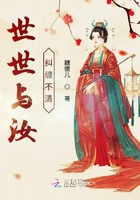"Our lesson today," said Fred, "was about the flowers. You know, Norah, we called the flowers the organs of reproduction. Their work is to produce new plants, which shall live after the parent plant is dead.
"Teacher had some wallflowers to show us in class, and as we have plenty in the garden, we may as well pick a few to talk about now.
"If we examine one of these flowers, we shall see that there is an outer covering, which holds it to the flower-stalk. This is called the calyx. I will remove it from the flower, and, you see, it is really a little cup into which the rest of the flower fits.
"It is made up of four little pointed
green leaves, which we call sepals. Teacher says that flowers have not all the same number of sepals. Some have more than this, some have less.
"When the flower was only a little bud, these sepals folded themselves round it to protect it fromwind, rain, and sun till it was fit to burst open.""The sepals of most flowers are green," said Willie, "but some, like the fuchsia, have richly-colored sepals.""Now let us look at the second or inner cup of flower-leaves, which rests in the calyx," said Fred. "We call it the corolla. It consists of four separate leaves, larger than those of the calyx. Instead of being coarse and green, these, you see, are soft and velvety to the touch, and richly colored.
" T h e y a r e c a l l e d p e t a l s . These beautiful flower-leaves, although so bright and gay, are not the most important parts ofthe flower. Those parts are hidden away in the very center. Teacher says that thepetals, like the sepals, act as a covering to protect the inner parts of the flower while they are first forming in the bud.""Teacher told us too," said Willie, "that the flower-leaves of the corolla, like those of the calyx, are not always four in number, and that they are not always separate, as they are in the wallflower.
"Look at this convolvulus, Norah. Its petals are joined together at their edges to form a sort of bell."SUMMARY
The outside flower-leaves, or sepals, form the calyx. The inner circle of flower-leaves are called petals; they form the corolla. Both of these help to protect the delicate, inner parts of the ?ower.
Lesson 51















